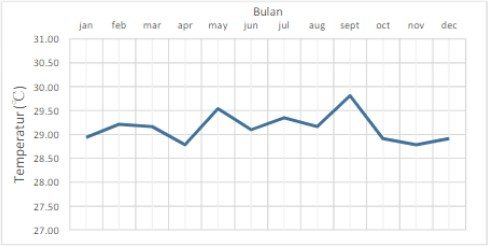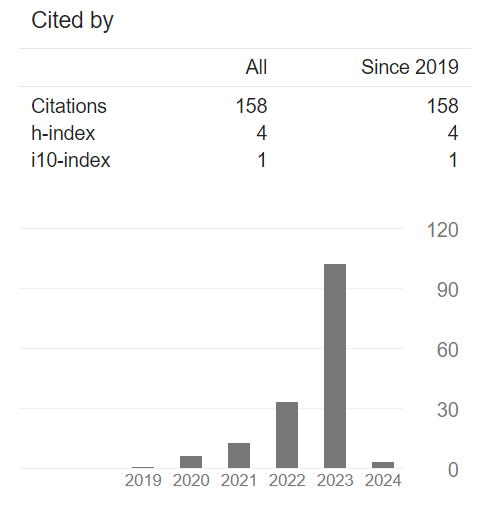IMPACT OF CLIMATE CHANGE ON MARINE TRANSPORTATION
DOI:
https://doi.org/10.62012/sensistek.v6i2.31711Keywords:
Kata Kunci : Iklim, Infrastruktur, TransportasiAbstract
Global Warming with climate change related to long-term changes in temperature and weather patterns. These changes occur naturally, for example through changes in the solar cycle. However, since the 19th century, human activities have been the main trigger for climate change, especially due to the burning of fossil fuels such as coal, oil and gas. Burning fossil fuels creates greenhouse gases which act like a blanket on the earth, generating heat from the sun and increasing temperatures. This climate change has significant consequences for maritime transportation zones. Maritime transportation involves the shipping of ships or the movement of passengers or cargo between ports throughout the world. So, in this research, we want to look at the correlation between climate change and shipping and its consequences. This research uses a literature review and qualitative descriptive analysis. The research results show that there is a correlation between climate change and sea transportation. The consequences of climate change include changes in traffic flow patterns, danger, damage to infrastructure such as ports, traffic lane efficiency and accidents in maritime transportation. Considering that these consequences impact shipping operations, preventive measures need to be taken, one of which is improving shipping safety. Not only that, urgent efforts are needed to use environmentally friendly ships, improve infrastructure and long-term shipping technology and share learning about environmentally friendly ships. .Keywords : Climate, Infrastructure, TransportationDownloads
References
BMKG. Badan Meteorologi Klimatologi dan Geofisika. Dellink, R. (2017), “International trade consequences of climate change”, OECD Trade and Environment Working Papers, Paris.
IPCC. (2014). Climate Change 2014: Synthesis Report. Geneva, Switzerland: IPCC.
IPCC. (2021). Climate Change 2021: The Physical Science Basis. Contribution of Working Group I to the Sixth Assessment Report of the Intergovernmental.
R. Ridwan and M. A. L. Pambudi, “Singapore International Hub-Port And Its Effects On The Smooth Running Of The Sea Freight Transportation System In Indonesia”, mp, pp. 38-46, Oct. 2023.
M. H. Ba Naga, “Ocean Acidification as Physical Indicator for Climate Change”, mp, vol. 1, no. 3, Oct. 2022.
NASA. National Aeronautics and Space Administration. (UNCTAD). (2018). Climate Change Impacts and Adaptation for Coastal Transport Infrastructure: A Compilation of Policies and Practices.
M. H. Ba Naga, “Ocean Acidification as Physical Indicator for Climate Change”, Journal of Maritime Technology and Society, vol. 1, no. 3, pp. 81-86, Oct. 2022.












